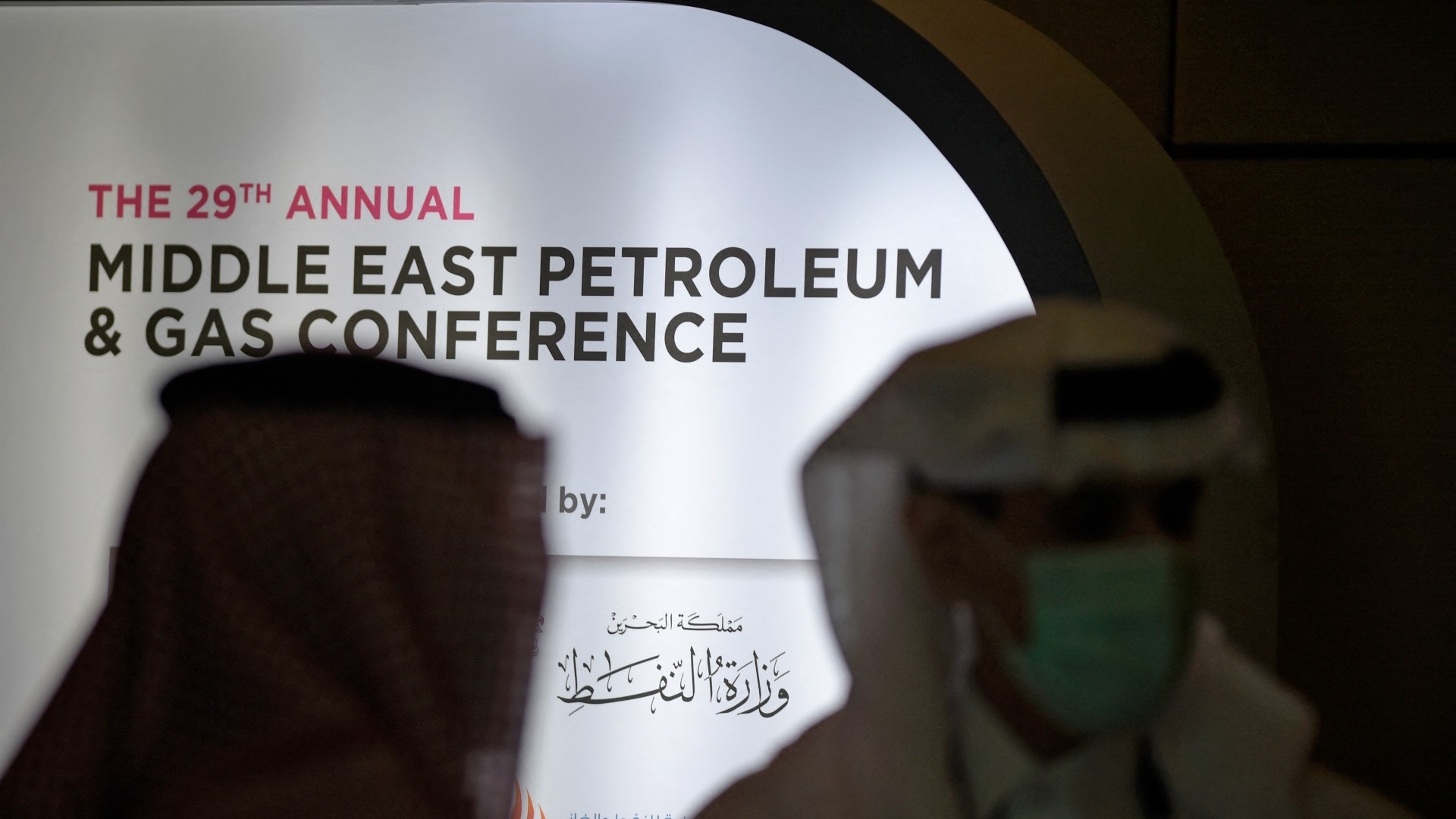Women make up less than 15 percent of jobs in Mena energy sector: Report

Women represent less than 15 percent of the energy sector jobs in many countries in the Middle East and North Africa, according to a recent report by the World Bank.
The report found that the number is even lower in Egypt, Jordan, Iraq, Lebanon, and Saudi Arabia - where women's participation in the energy sector is on average below 10 percent.
"Gender inequality in the Middle East and North Africa (MENA) region is a pressing challenge constraining the region’s human, social, and economic development," said the report, released late last month.
However, the number varies across the region, with several Gulf countries boasting a much higher ratio of female participation in the energy workforce. In Qatar, the ratio of women to men sits at 60 percent, while in the United Arab Emirates it is at 56 percent.
The report comes as the region, especially the Gulf, has been experiencing increased profits stemming from the sharp rise in global oil prices since the beginning of the year. Since early March, following the Russian invasion of Ukraine, the price per barrel peaked over $100 for the first time in eight years.
Stay informed with MEE's newsletters
Sign up to get the latest alerts, insights and analysis, starting with Turkey Unpacked
As a result, fuel prices in gas importing countries rose substantially while many oil exporters, such as Saudi Arabia and the United Arab Emirates, witnessed significant revenue boosts.
Overall, the percentage of women in the workforce across the region is low and analysts have noted that the lack of female participation is hindering economic growth.
According to PricewaterhouseCoopers, $575bn is lost every year in the region because of the gap in the number of women working. Increased female employment could raise gross domestic product (GDP) across the Middle East and North Africa by as much as $2 trillion.
One of the ways to combat the low number of women in the energy sector is to create opportunities in renewable energy, according to the World Bank.
The financial institution estimates that the global energy market will grow 44 percent by 2050, while 80 percent of those new jobs would be in renewables - compared to 11 percent in fossil fuels and five percent in nuclear energy.
"The energy transition and green solutions are drivers of job growth; in MENA, it is imperative that they include women and youth across different population groups to promote equality and maximize impact.
"The clean energy transition is 'instrumental for green growth across MENA that would allow countries to meet the region’s growing energy demand, diversify the energy mix, promote equitable socio-economic development, build climate change resilience, and create much-needed jobs for the region'."
Middle East Eye delivers independent and unrivalled coverage and analysis of the Middle East, North Africa and beyond. To learn more about republishing this content and the associated fees, please fill out this form. More about MEE can be found here.




